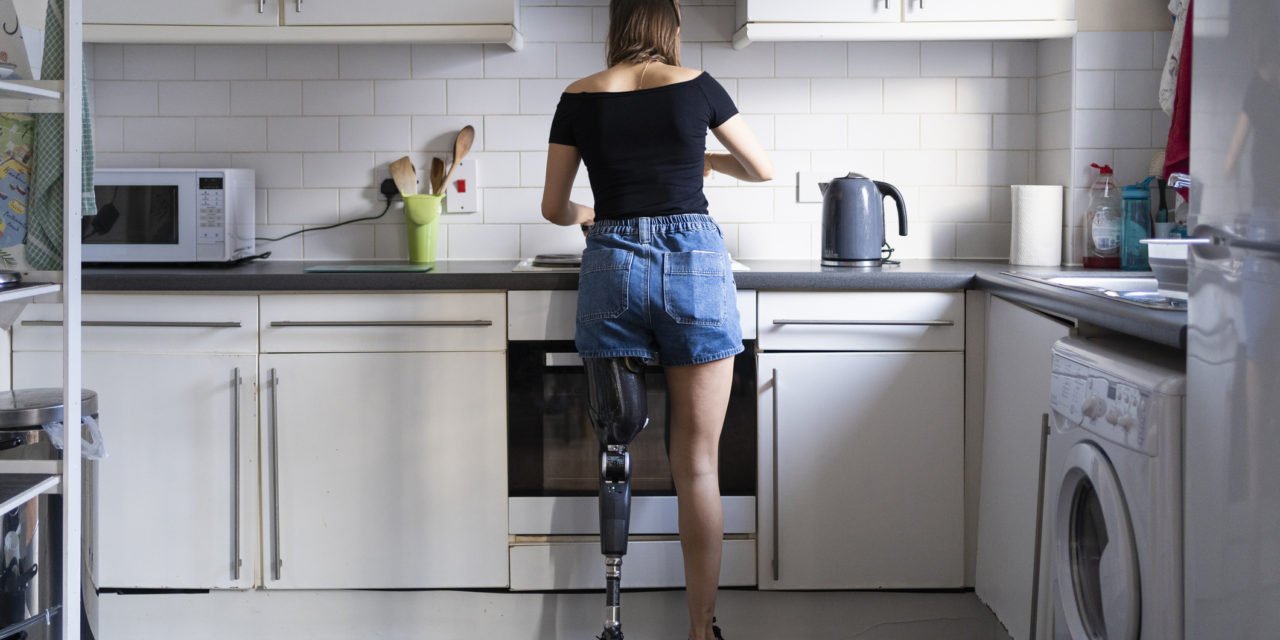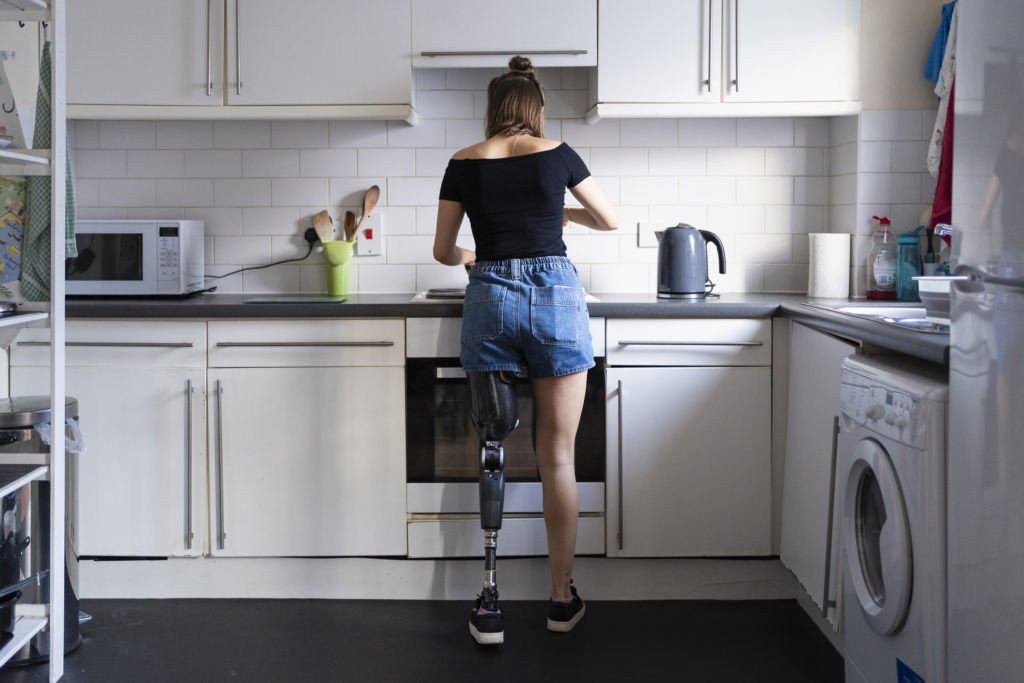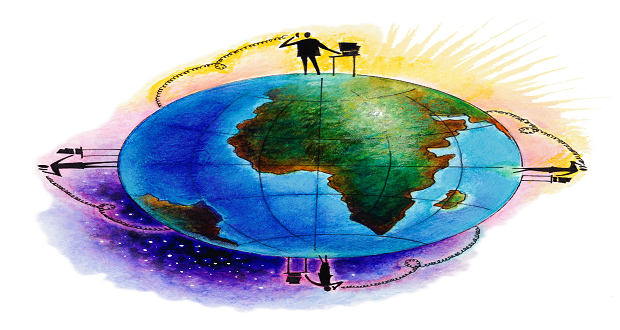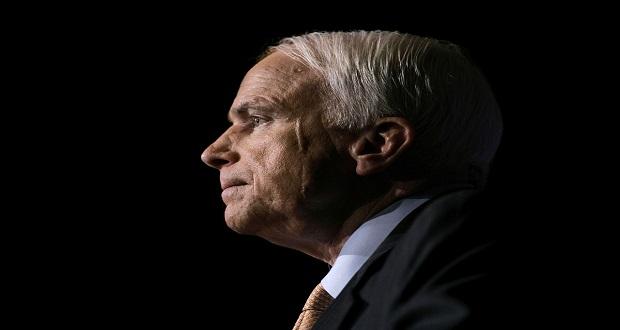Recently, my family was trying to decide on a destination for our summer vacation. Like so many, we haven’t all had the chance to be together because of the pandemic, but now that we are vaccinated, we jumped at the chance to have a family gathering. As I was searching for AirBnBs, I came across some incredible homes… but only few would accommodate the accessibility needs of my family. While AirBnB has an accessibility filter, most homes either are not accessible to those who are differently-abled, or do not mention accessibility features on their listing.
I’ll never forget the first time I was confronted head-on with my own ableism. During my undergraduate years, I worked in the admissions office as a tour guide. I gave campus tours to prospective students and their families, leading them through academic buildings, dorms and cafeterias.
On one particular tour, I arrived at a stop and started leading the group up the stairs, the usual route to get to a classroom on the second floor. I didn’t realize until I made it to the classroom, that a few people from the tour were missing. Before I began my tour spiel, I stepped outside the classroom to see if I could find them. As I did, the elevator doors opened, and I realized there was a family who had to ask around to find an alternative way to get to the second floor. I apologized and was embarrassed about the fact that I didn’t even think to tell the group where the elevator was located before proceeding up the steps. I wrongly assumed that all people on the tour were physically able to use the stairs. Not only that, but in my tour guide training, I was never taught to ask if anyone had any accessibility needs before beginning a tour.
I’ve heard it said that if you don’t have to think about it, it’s a privilege. As an able-bodied person, I don’t have to think about getting up flights of stairs, navigating in and out of small spaces, or sitting for long periods of time; I just do it — it’s second nature to me. However, that is not everyone’s experience. And sadly, those with able-bodied privilege may never understand how challenging it can be for those who are differently-abled to exist in an ableist world.
I have often reflected upon the concept of “majority rules” in light of equity work. While “majority rules” usually elicits a vote where everyone’s voices are heard, those same participants are often unaware of the inequities their verdicts create, uphold and perpetuate. In my case, if my family went with a vacation house that most of us loved without considering the accessibility needs that one of us has, we would not have a vacation that all of us could enjoy. As Dr. D-L Stewart, professor of higher education at Colorado State University explains:
“Inclusion asks, ‘Have everyone’s ideas been heard?’ Justice responds, ‘Whose ideas won’t be taken as seriously because they aren’t in the majority?’”
Inclusion is only concerned about everyone being at the table, justice goes a step further and seeks to address and eliminate the inequities that exist.
It’s simply not enough for us to listen to the voices of every person represented; we must center and prioritize the voices of those who are often overlooked, and base our decisions for policies and practices, or even family vacations on those needs. This may seem inconvenient, or even counter-cultural at times, and that’s likely because it is; the work of justice pushes against the status quo and the conclusions it brings us to may seem absurd to those in the majority. But the pushback we may receive is often how we know we are doing something right.
It’s simply not enough for us to listen to the voices of every person represented; we must center and prioritize the voices of those who are often overlooked, and base our decisions for policies and practices on those needs. Share on XI would be lying if I said that after that tour in college, I never made any more assumptions about other people’s abilities. Rather, I’ve made several mistakes and have had to confront my ableism again and again since. Unfortunately, the issue of ableism had to become deeply personal to me for it to truly matter to me. It shouldn’t take proximity to people we love for us to become advocates for justice, yet that is the reality for many.
Unfortunately, the issue of ableism had to become deeply personal to me for it to truly matter to me. It shouldn’t take proximity to people we love for us to become advocates for justice, yet that is the reality for many. Share on XHowever you come to your understanding of justice and equity issues, I hope you learn to ask the deeper, more challenging questions at your place of work, school, in your communities and in your families. We need people, especially those in positions of power and influence, to critically examine how decisions affect those who are not in the majority. We need people who are not afraid to challenge the status quo and pave the way for both individual and institutional change. To move toward a more just world, it is essential for us to recognize when and if we need to go a step further to create equitable spaces for all.
We need people, esp those w/power & influence, to examine how decisions affect those not in the majority. We need people who are not afraid to challenge the status quo and pave the way for individual & institutional change. Share on X


















